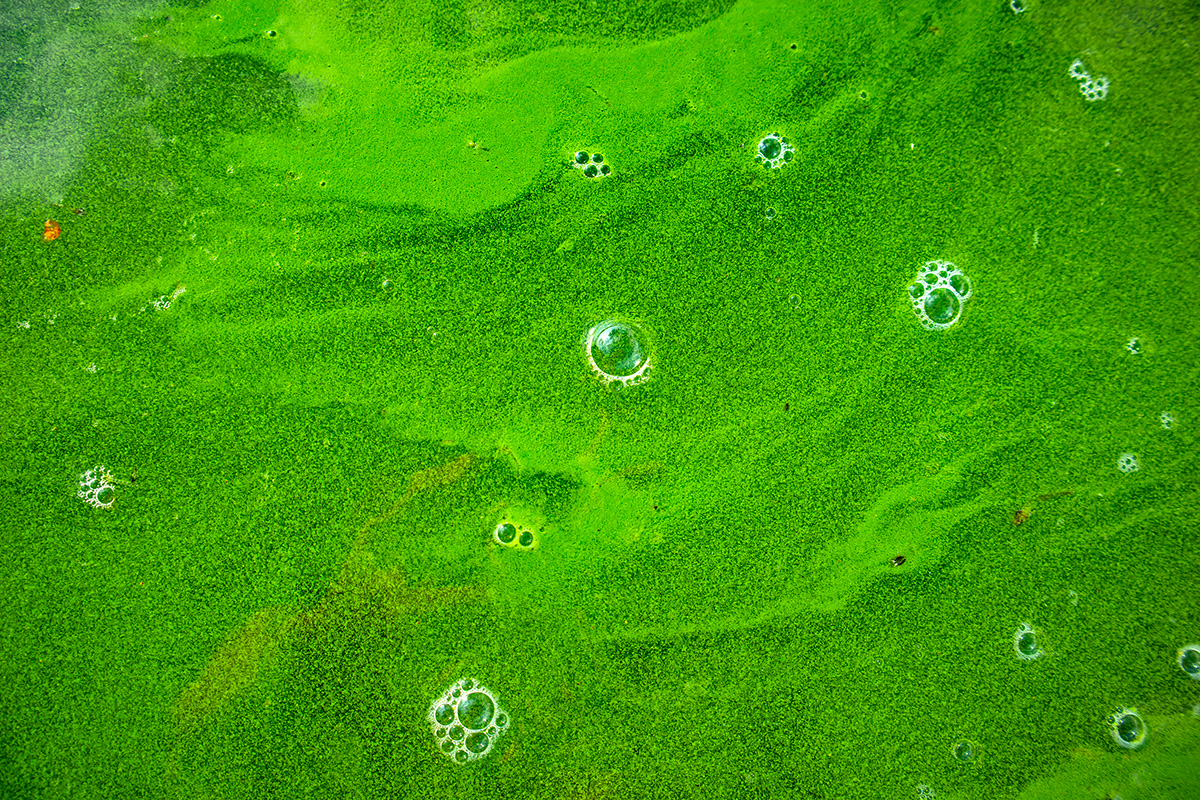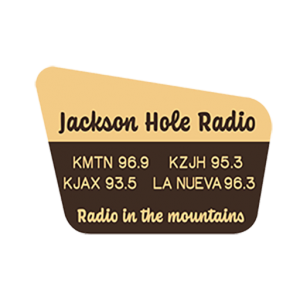
It’s known as blue-green algae and its harmful to horses, livestock and pets, and its blooming in Wyoming lakes.
Also known as Cyanobacteria, the algae blooms have been reported around the state since July but more recently in areas near Big Sandy and Brooks Lake.
Warmer water temperatures and a lower-than-normal water level is causing the algae growth.
Jackson Hole Radio Veterinary Correspondent Dr. Stephanie Ninnemann says that the toxin is very fast working and frequently fatal for animals and that ingestion of the water with the cyanobacteria can result in acute death and sometimes there’s very few clinical signs.
Ninnemann says, the bacteria that induces liver toxicity – can cause vomiting, diarrhea, GI upset, and pale mucus membranes – and death can occur within 24 hours.
However, if the toxin is a neurotoxin, death can occur in that animal within only about 30 minutes.
The Wyoming Department of Health issues recreational use advisories when cyanobacterial cell densities or cyanotoxin concentrations pose a risk to people engaging in swimming or similar water contact activities in areas where harmful cyanobacteria blooms or HCBs occur.
Waterbodies under an advisory are not closed to use because the blooms may only be in certain areas and conditions can change frequently.
If you encounter a potential HCB, the Wyoming Department of Health and the Wyoming Livestock Board recommend the following:
Avoid contact with water in the vicinity of the bloom, especially in areas where cyanobacteria are dense and form scums.
Do not ingest water from the bloom. Boiling, filtration and/or other treatments will not remove toxins.
Rinse fish with clean water and eat only the fillet portion.
Avoid water spray from the bloom.
Do not allow pets or livestock to drink water near the bloom, eat bloom material, or lick fur after contact.
If people, pets, or livestock come into contact with a HCB, rinse off with clean water as soon as possible and contact a doctor or veterinarian.

